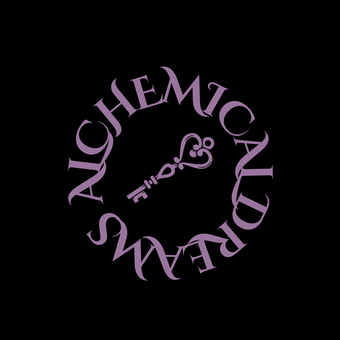Introduction to Alchemy in Spirituality
ALCHEMYSPIRITUALITYHISTORYPHILOSOPHER'S STONE


Alchemy is often perceived as a mysterious blend of science, magic, and philosophy, with its roots deeply embedded in ancient history. While it was historically associated with the pursuit of turning base metals into gold, alchemy has evolved into a spiritual practice that emphasizes personal transformation and enlightenment. This blog post will explore the historical context of alchemy, its spiritual significance, and its connection to modern practices.
The origins of alchemy can be traced back to ancient Egypt, where it was known as "Khemia," referring to the fertile black soil of the Nile Delta. From Egypt, alchemy spread to Greece, India, and China, each culture adding its own unique interpretations and practices.
In the Middle Ages, alchemy flourished in the Islamic world, where scholars translated and expanded upon ancient texts. Alchemists in medieval Europe, such as Paracelsus and Roger Bacon, further developed the tradition. While they engaged in laboratory experiments, their work was often shrouded in symbolism and allegory, reflecting a deeper spiritual quest for transformation.
At its core, alchemy is a metaphor for the spiritual process of refining the soul. The transformation of lead into gold represents the transmutation of the base self into a higher state of being. This journey involves the purification of the soul, shedding negative traits and embracing virtues such as wisdom, compassion, and enlightenment.
Alchemy's spiritual aspect is encapsulated in the concept of the "Philosopher's Stone"—a legendary substance said to grant immortality and enlightenment. This stone symbolizes the ultimate goal of spiritual alchemy: achieving unity with the divine and realizing one's true potential.
In contemporary spirituality, alchemy serves as a framework for personal development and self-discovery. Many modern spiritual practices draw upon alchemical principles to facilitate inner transformation.
Mindfulness and meditation are akin to the alchemical process of refining the self. By cultivating awareness and presence, individuals can transform their thoughts and emotions, leading to greater clarity and peace.
Carl Jung, a prominent psychologist, integrated alchemy into his theories of the unconscious mind. He viewed alchemical symbols as representations of psychological processes, using them to explore the integration of the conscious and unconscious self, known as individuation.
Holistic healing practices, such as Reiki and Ayurveda, often incorporate alchemical concepts. These practices aim to balance the mind, body, and spirit, fostering harmony and well-being
Alchemy's rich history and profound symbolism continue to inspire spiritual seekers today. By understanding its historical context and spiritual significance, we can appreciate its enduring relevance. Whether through mindfulness, psychology, or holistic healing, the principles of alchemy offer valuable insights into the journey of personal transformation and the pursuit of enlightenment. As we embrace these teachings, we embark on our own alchemical journey, striving to turn the lead of our daily lives into the gold of spiritual fulfillment
